Invited speakers
Keynote speakers
Prof. R. Galbo
|
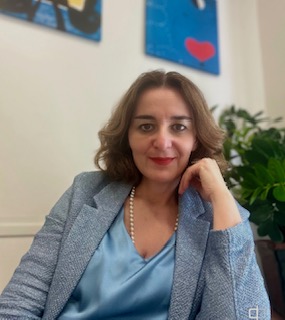 |
Roberta Galbo is a confirmed researcher in Genetics (SSD/BIO18) at the University of Messina. At the same University, she obtained a degree in Biological Sciences in 1993, a PhD in Microbial Biotechnology (2004), a post-graduate specialization in Medical Microbiology and Virology (2006) and in 2007, a research grant funded by the MIUR for the project: “DNA immunization using viral vectors for the control of meningococcal infections”. In 2009 she won a competition for permanent researcher at the Faculty of Biological Sciences, University of Messina. Her research activity has mainly focused over the years on the study of the genetic, genomic, transcriptomic and functional aspects of microorganisms using both advanced techniques of massive parallel sequencing of nucleic acids and the use of ad hoc bioinformatic pipelines. It also made use of bioinformatic tools and advanced mass spectrometry techniques for the identification of new potential vaccine candidates and used phage display techniques for the epitope mapping of monoclonal antibodies of particular clinical interest and for the characterization of receptors that bind microbial DNA. Since 2009 she has been the reference professor for the teaching of Molecular Genetics in the Master's Degree course in Biology at the University of Messina. She’s the author/co-author of numerous articles published in international scientific journals.
|
Prof. S. Maury
|
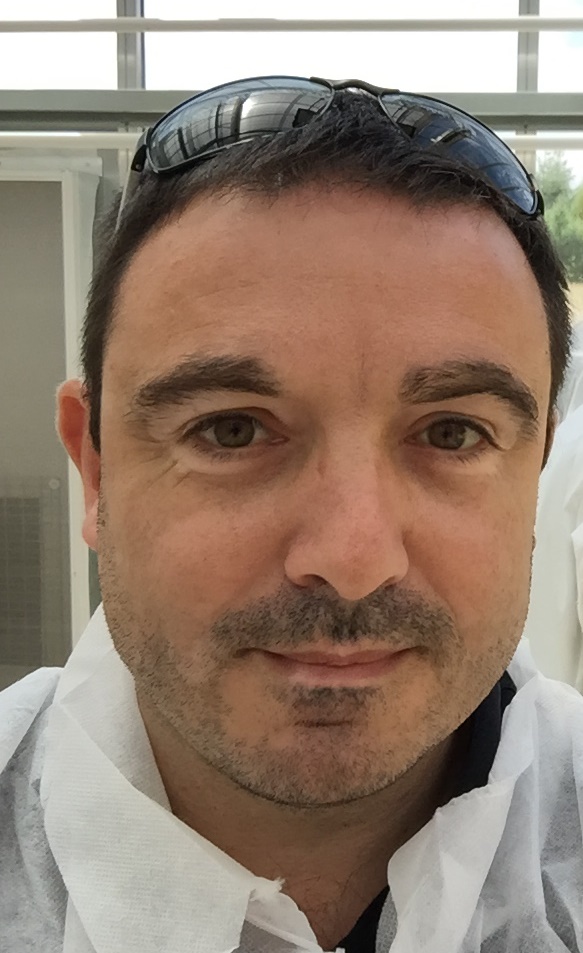 |
Stéphane Maury is Professor in Plant Physiology and Epigenetics and group leader (ARCHE) at the University of Orléans in the laboratory "Physiology Ecology and Environement". He has coordinated many research projects in plant epigenetics for more than 20 years on different plants and particularly trees. He is involved in the coordination of the COST actions EPICATCH, WG1 leader, and COPYTREE). He recently coordinated the ANR project EPITREE aiming at exploring the benefits of considering epigenetic marks in addition to genetic polymorphisms and phenotypes in plant breeding and the characterization of genetic resources, to provide proof-of-concept in two major forest tree species namely oak and poplar. He also co-led recently with Claire Veneault-Fourrey (P2) the first study on the epigenetic control of ectomycorrhization (Vigneaud et al. 2023*) in trees.
|
Dr. I. Bäurle
|
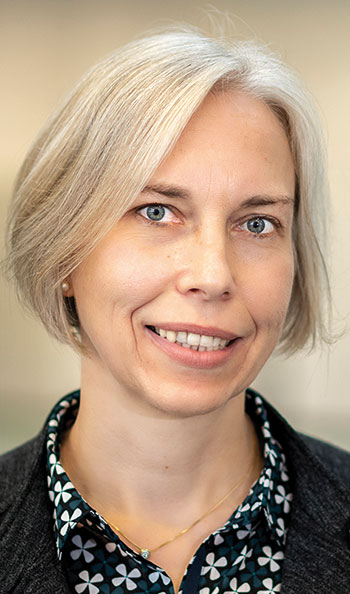 |
Isabel Bäurle performed her PhD work in Freiburg studying plant stem cells. Thereafter, she worked as a postdoc with Caroline Dean at the John Innes Centre in Norwich (UK). Since September 2010 she is heading the Plant Epigenetics Group at the University of Potsdam (Germany), where she was appointed tenured Professor in 2019. Her current research focuses on the long-term adaptation of plants to stressful environments and how this is regulated by epigenetic and chromatin-regulatory processes. Her group studies how plants store information on a past stress exposure to improve future stress responses employing genetic, genomic and molecular approaches.
|
Dr. M. Catoni
|
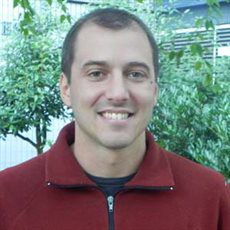 |
Marco Catoni graduated at the University of Torino (Italy) in Plant Biotechnology. During his PhD at University of Torino and the Institute of Sustainable Plant Protection (IPSP) at the Italian National Research Council, he worked on the characterization of mechanisms of transgenic resistance to viruses in tomato. Then, Marco moved in the laboratory of Prof. Jerzy Paszkowski at the University of Geneva (Switzerland) and then at The Sainsbury Laboratory at the University of Cambridge (UK), where he worked on plant epigenetics and transposable elements mobilization. In 2018, Marco moved to the University of Birmingham with an independent research position. Marco’s research team combines molecular biology, genomics and computational approaches to study genome plasticity and epigenetics in crops and model plants.
|
Dr. F. Johannes
|
 |
Franck Johannes conducts research in the area of plant epigenomics. His group combines experimental and computational approaches to elucidate epigenetic mechanisms of genome regulation and inheritance in plants. He obtained my PhD at Pennsylvania State University’s (USA) focusing on statistical genetics and spent the last year of his PhD as a Marie Curie Fellow at the French Institute for Agricultural Research (INRA). He continued this work as a postdoc at the French National Centre for Scientific Research (CNRS) and later at the University of Groningen in the Netherlands. He stayed in Groningen as an Assistant Professor before being appointed Rudolf Mößbauer Professor at TUM. In 2022, he was appointed Associate Professor.
|
Dr. S. Fragkostefanakis
|
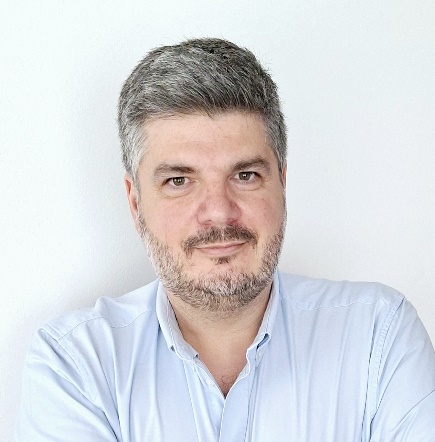 |
Sotirios (Akis) Fragkostefanakis conducted his PhD work in the Mediterranean Agronomic Institute of Chania (MAICH) and obtain his doctoral degree from the Aristotle University in Thessaloniki (Greece). He was a post-doctoral fellow in Goethe University of Frankfurt (Germany) as part of the MCSA SPOT-ITN were he was introduced into the field of thermotolerance. Since 2017, he is independent group leader in Goethe University of Frankfurt (Germany) as part of the working group of Plant Molecular and Cell Biology. His research focuses on the mechanisms that plant utilise to respond to high temperatures using tomato as a model system. His group focuses on the identification and functional characterization of transcription factors and splicing regulators that are important for the expression of genes that have a central role in heat stress resilience.
|
Invited speakers
Dr. M. Lieberman-Lazarovich
|
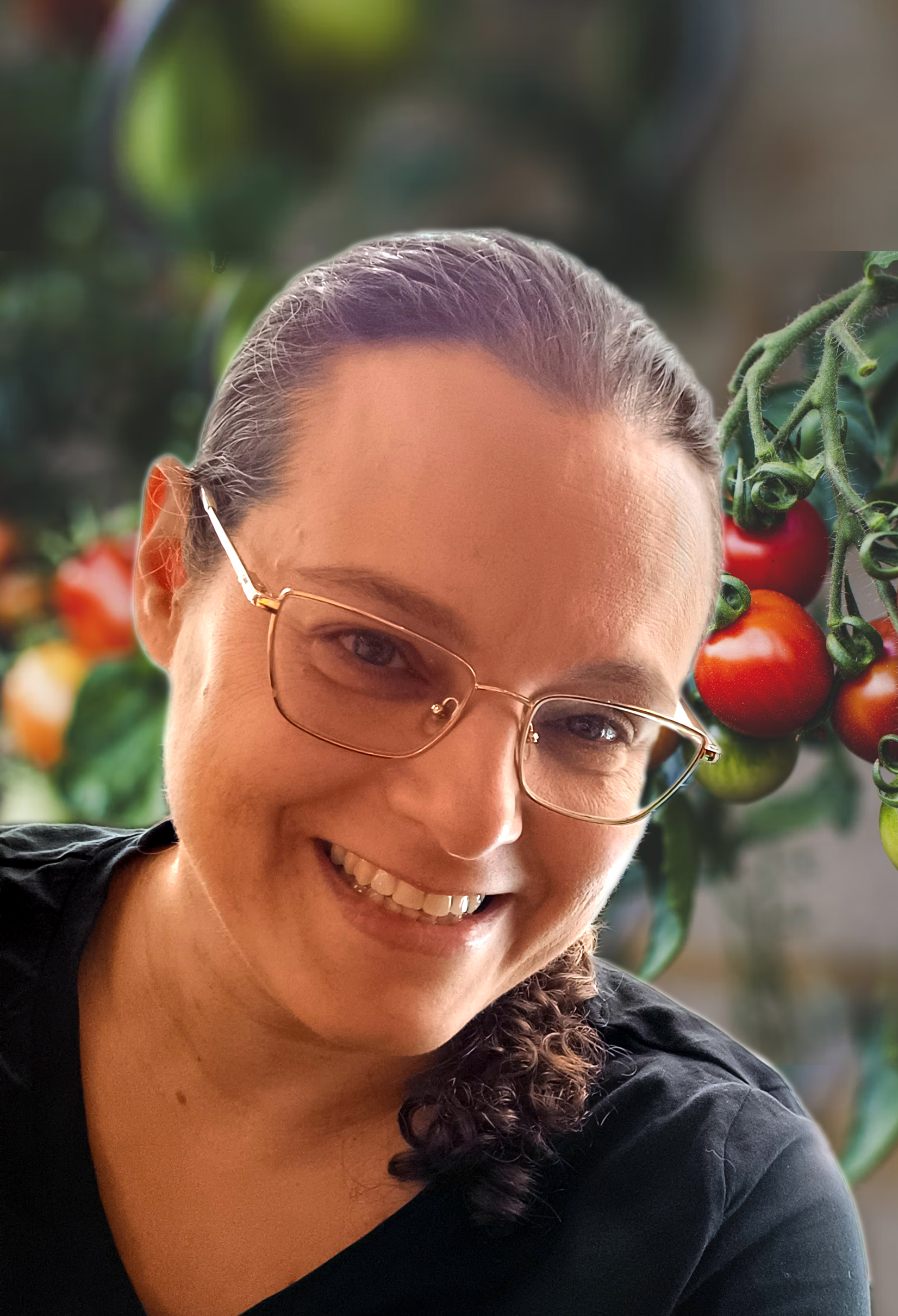 |
Michal Lieberman-Lazarovich is a research scientist at the Department of Vegetables and Field Crops Research, the Institute of Plant Sciences at Volcani Center, ARO. She received her PhD diploma from the Weizmann Institute of Science in plant genome editing, and carried out a postdoctoral research in plant epigenetics at the University of Geneva. In Volcani Center, the main goal of the Lieberman-Lazarovich lab is to study the molecular response of crop plants to abiotic stresses, in order to promote the development of stress-resilient crop varieties. Specifically, the lab aims at elucidating the molecular factors that underlie the response to heat stress in tomato (Solanum lycopersicum), an important vegetable crop in which high growth temperatures lead to a considerable yield loss. The lab is also interested in the involvement of epigenetic factors (mainly DNA 5`-cytosine methylation) in stress responses and their contribution to phenotypic variation and heritability. We combine physiological, developmental and molecular tools to address these intriguing questions.
|
Dr. D. Giosa
|
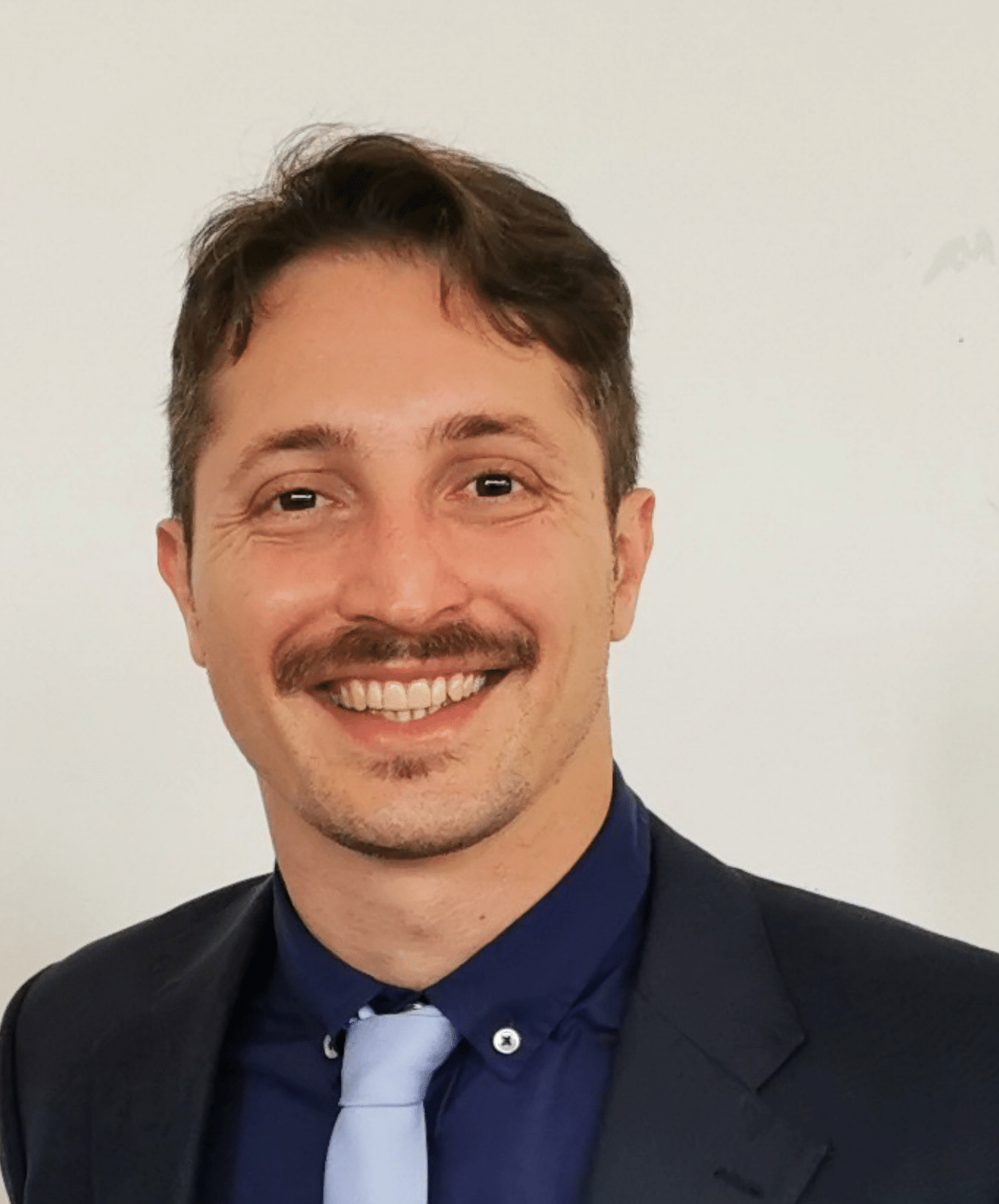 |
Ph.D. Domenico Giosa is a Researcher in Genetics (BIO/18) at the University of Messina. At the same University, he obtained a degree in Biology (2015) and then a Ph.D. in Medical and Surgical Biotechnology (2020). In 2015 he spent several months at Westerdijk Fungal Biodiversity Institute, where he was introduced and involved in the clinical-related mycology working group of the International Society of Human and Animal Mycology (ISHAM). Domenico Giosa spent several months per year visiting different bioinformatics companies in Europe, like Sequentia Biotech S.L. (Barcelona, Spain) and Genomix4Life (Salerno, Italy), to consistently update his knowledge on the most advanced techniques for data analysis and interpretation of sequencing data, specifically to gain a better vision and understanding of the molecular mechanisms in microbial genomes and evolution related to both environmental and host-related growth conditions. His main research activity has focused over the years on the study of the genetic, genomic, epigenomic, metagenomic, transcriptomic, and functional aspects of microorganisms using both advanced techniques of massively parallel sequencing of nucleic acids and the use of ad hoc bioinformatic pipelines. Even if the main organisms studied are fungi or viruses, Domenico's research activities spanned from microbes (viruses, bacteria, fungi) up to superior organisms (Homo sapiens sapiens, pigs, plants). Lately, his frontier's topic has been related to the discovery of lncRNAs and their interaction with other molecules within both model and non-model organisms. Since 2018 he has been teaching in different international institutions regarding genetics and bioinformatics topics, and at the University of Messina he teaches "Bioinformatics & Molecular Networks", "Applied Genomics and Bioinformatics" and "Bioinformatics and Genetics with Application in Forensic Sciences", in different Master's Degree course at the University of Messina. He was invited speaker at several international conferences and the author/co-author of over 25 scientific articles published in international journals, with an H-index of 10.
|
Dr. F. Aflaki
|
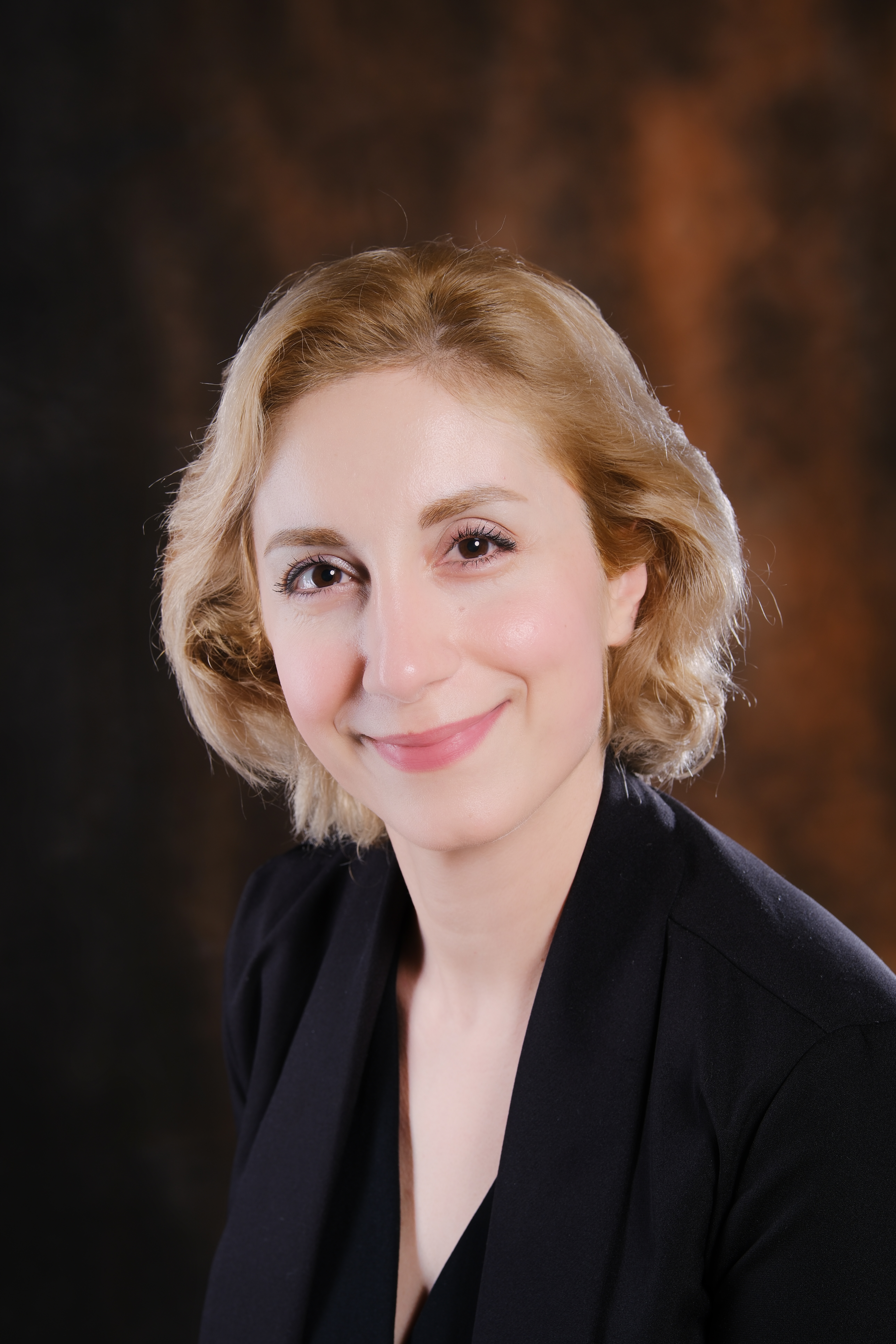 |
Fatemeh Aflaki is a post-doctoral researcher at the Biology Centre, CAS, in České Budějovice, Czech Republic. I am an MSCA-CZ fellow at Iva Mozgova’s Lab, specializing in plant epigenetics within the Department of Plant Molecular Biology. My current research focuses on the "TOR-PRC2 signaling axis in seedling establishment." I earned my PhD in Biology in Turkey, where I studied hormone-stress crosstalk and chromosome doubling in Stevia and sugar beet. After completing my PhD, I joined the plant epigenetics lab, where I have concentrated on understanding the upstream mechanisms of Polycomb-mediated metabolic reprogramming in Arabidopsis thaliana. My primary research interests include the effects of sugar, epigenetic modifications (H3K27me3), and the TOR complex as part of the regulatory network governing the developmental transition from a heterotrophic to a photoautotrophic phase, and seedling establishment.
|
Dr. M. Berger
|
 |
bio
|
Dr. S. Hartman
|
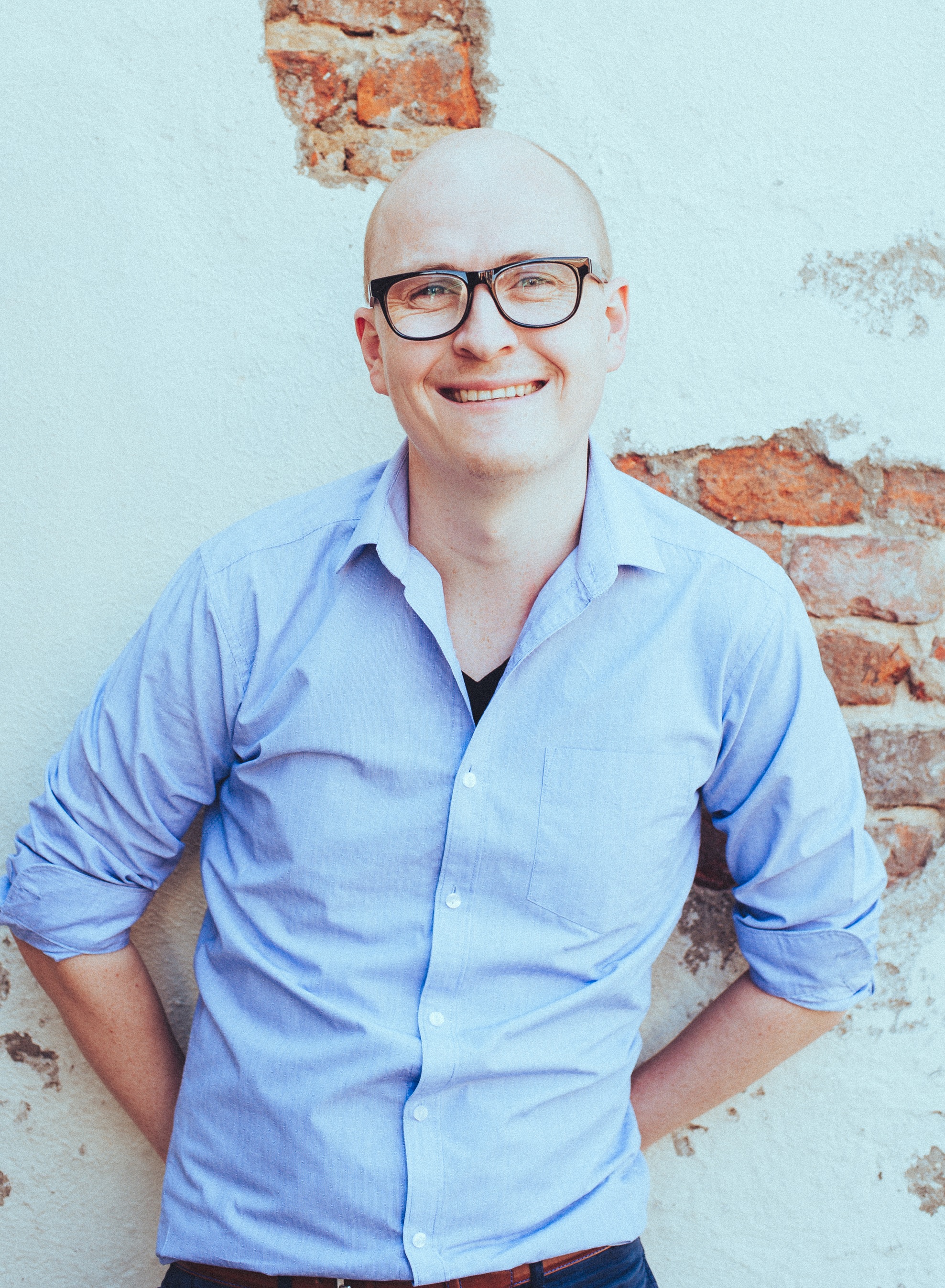 |
Sjon Hartman is a Junior Professor of Plant Environmental Signalling & Development at the Centre for Integrative Biological Signalling Studies (CIBSS) and University of Freiburg, Germany. His lab was established at the start of 2022. The main focus of his lab is understanding how plants sense, respond and acclimate to flooding stress. Sjon performed his BSc, MSc and PhD studies at Utrecht University (NL) and moved to Freiburg after a brief postdoc at the Gibbs lab in Birmingham (UK). You can find him on X: @SjonHartman
|
Dr. M. Mageroy
|
 |
bio
|
Dr. L. Abraham
|
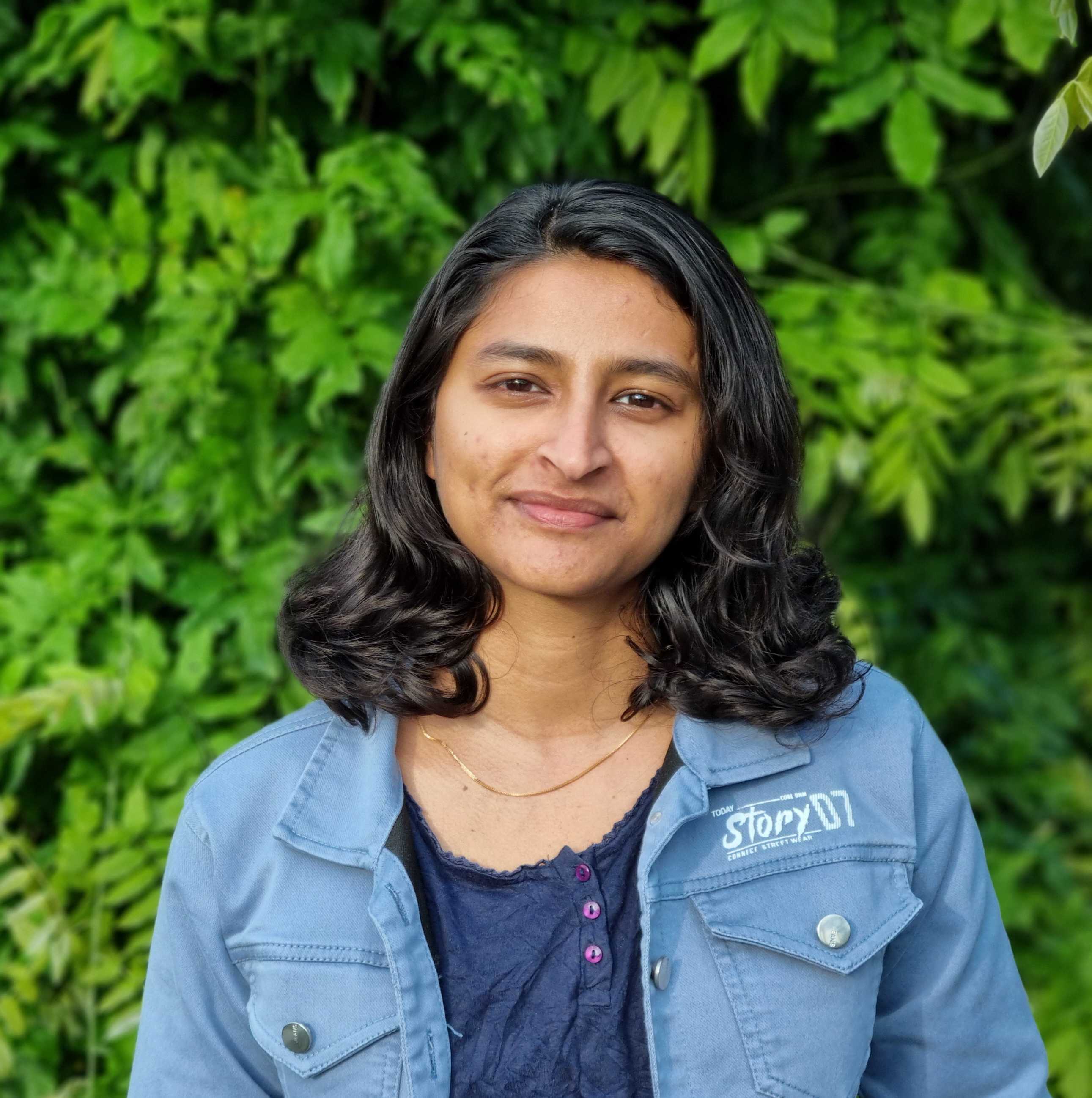 |
Leen Abraham is a post-doctoral researcher at the University of Cologne, specializing in epigenetics within plant populations. Currently working in the AG de Meaux lab at the Institute of Plant Sciences, her research investigates the role of epigenetic mechanisms in dominance variance in plant populations using Arabidopsis lyrata as a model plant. She obtained her doctoral degree from the University of Neuchatel under the supervision of Prof. Daniel Croll in the laboratory of evolutionary genetics. Her PhD research focused on integrating genetic and epigenetic variation in a plant fungal pathogen to provide a comprehensive overview of the complexity of the evolution of gene regulation and different gene regulatory mechanisms associated with different gene categories important for plant pathogenesis.
|
Dr. Ana Cláudia Silva
|
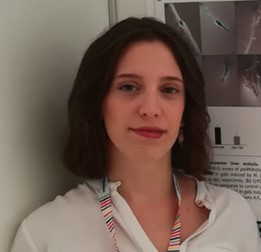 |
Ana Cláudia Silva graduated from the University of Coimbra (Portugal) with a degree in Biology. She then enrolled in a Master’s Degree in Nematology through an Erasmus Mundus program funded by the European Commission. In 2020, she obtained her PhD from the University of Castilla-La Mancha (Spain), focusing on epigenetic and transcriptomic changes occurring in plant-nematode interactions, under the supervision of Dr. Carolina Escobar. During her PhD, she undertook a short-term stay at the University of Cambridge (United Kingdom), funded by the European Molecular Biology Organization and supervised by Dr. Sebastian Eves-van den Akker, leader of the Plant-Parasite/Pathogen Interactions Research Group. After completing her PhD, she moved to the private sector, where she works as an R&D project manager. She continues to actively collaborate with public institutions on research in the field of Plant Pathology.
|
Dr. P. Zaini
|
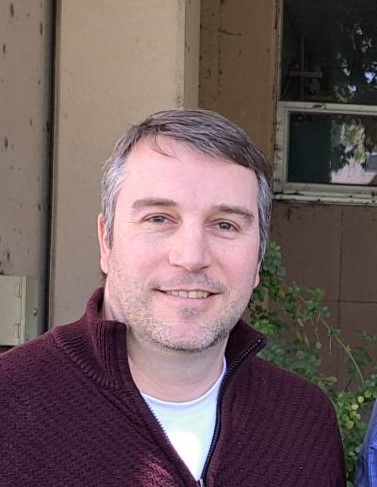 |
Paulo Zaini graduated in Biological Sciences from the University of Sao Paulo, Brazil, where he also received a PhD in Biochemistry and Molecular Biology. He then worked as a Post-doctoral researcher at Cornell University, USA, with plant-pathogen interactions. He also worked as a Post-doctoral researcher at University of Sao Paulo, Brazil, also with plant-pathogen interactions, before being hired as a Project Scientist at University of California, Davis, working with Plant Sciences and Plant Pathology.
He currently works with walnut, almond and grape pathosystems, developing RNAi and gene editing technologies to improve plant health and product quality.
|
PhD candidate L. LAN
|
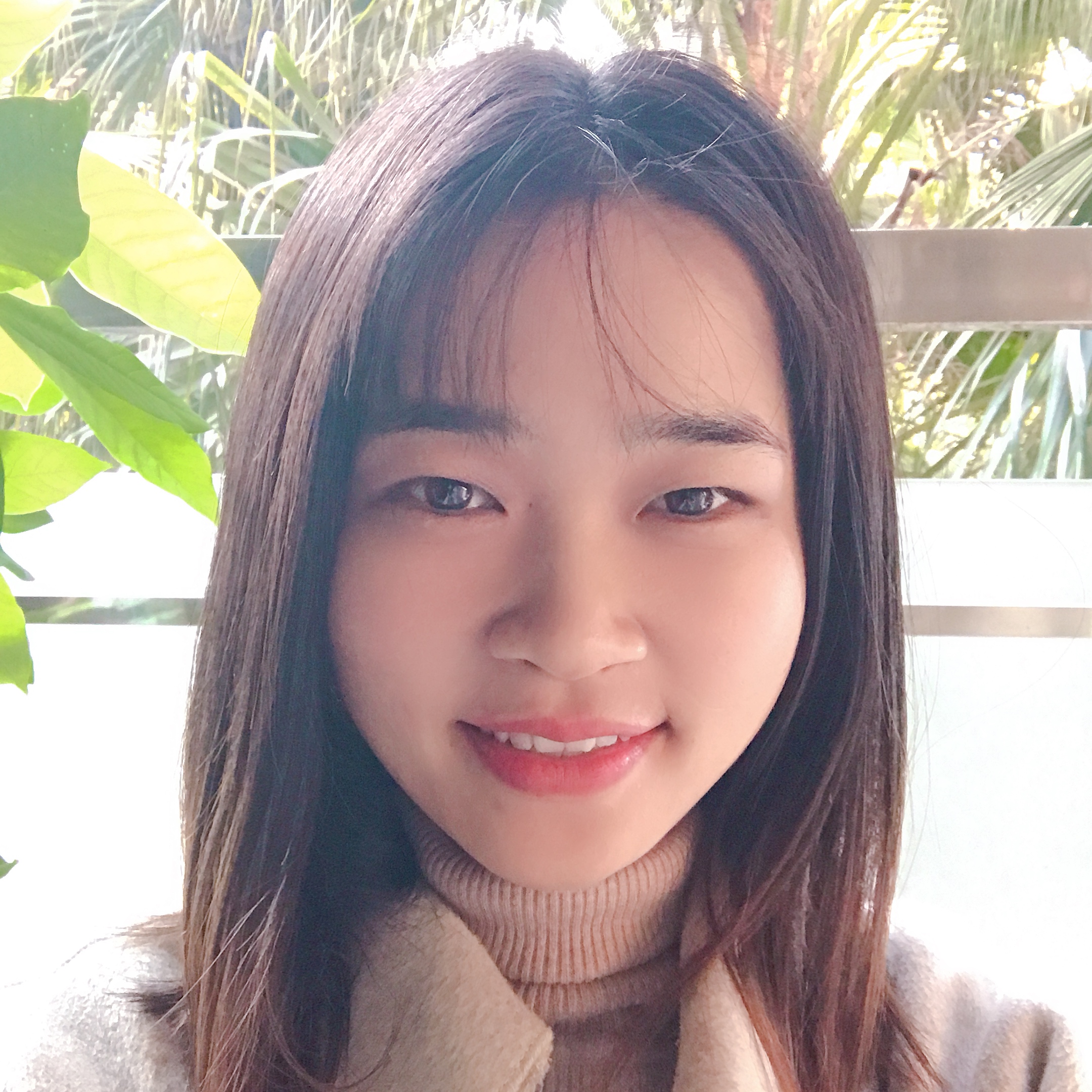 |
Laijiao LAN, a PhD candidate under the supervision of Prof. Nicolas Nègre, from the laboratory DGIMI (Diversité, Génomes & Interactions Microorganismes-Insectes), INRAE, University of Montpellier in Montpellier, France. Currently, her research is focused on elucidating the genomic underpinnings of host-plant adaptation in Spodoptera frugiperda, a highly polyphagous agricultural pest that poses a significant threat to crop yields and can result in substantial economic losses. Her specific aim is to uncover the genetic and epigenetic factors that contribute to the molecular mechanisms of adaptation to host plants in two distinct strains of S. frugiperda, which are associated with different host plants. To achieve this, she employs an integrative approach, combining phenotypic observations, transcriptomic profiling, and epigenomic analysis on DNA methylation to provide a comprehensive understanding of the adaptive strategies employed by this pest.
|
Dr. N. Ponts
|
 |
bio
|
Dr. I. Sammarco
|
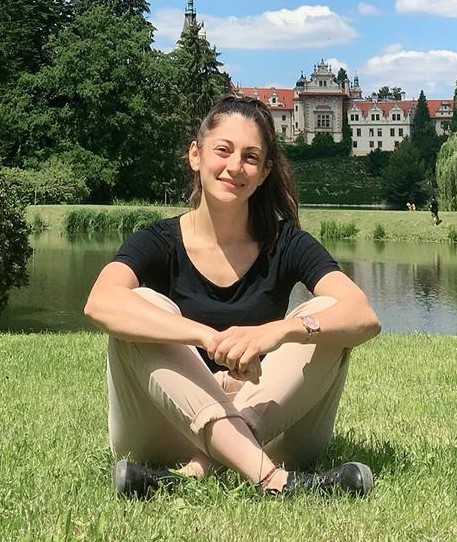 |
Iris Sammarco is a postdoctoral fellow interested in the role of epigenetic variation in plant evolution and adaptation. Her research focuses on plant responses to natural climatic gradients, climate change and biotic interactions, using both natural populations and specific plant lines. She primarily works with wild strawberry plants.
|
Prof. P. Gallusci
|
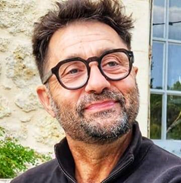 |
Philippe Gallusci is professor at the University of Bordeaux and a team leader at UMR-EGFV (INRAE). The laboratory is located at the Institute of Wine and Vine Sciences (ISVV, Bordeaux) and has recognized expertise in ecophysiology, physiology and molecular genetics in grapevine. Philippe obtained his PhD in Plant Molecular Biology at the University of Toulouse in 1991 working on leghaemoglobin’s in Medicago truncatula. After a post of 4 years at the Max Planck Institute in Cologne, studying the Opaque 2 gene in maize endosperm, he was recruited as assistant professor at the University of Bordeaux. He first analysed isoprenoid in citrus species before focusing on fruit development and carotenoid accumulation in tomato fruits at the Fruit Biology laboratory (INRAE, Bordeaux). In 2005, he started his own project on plant epigenetics. Initial studies were aimed at determining the role of Polycomb proteins in tomato fruits and plants. He then demonstrated the fundamental role of DNA demethylation in the control of tomato fruit ripening. In 2016 he moved to the EGFV laboratory and started a new research project on grapevine epigenetics. His work is now focusing on the multiple roles of DNA methylation in plant development and adaptation to the environment, with a focus on the role of this epigenetic process in plant stress memories. In addition, works aiming at determining the relative contribution of genetic versus epigenetic diversity to the phenotypes of plants are initiated.
|
|
